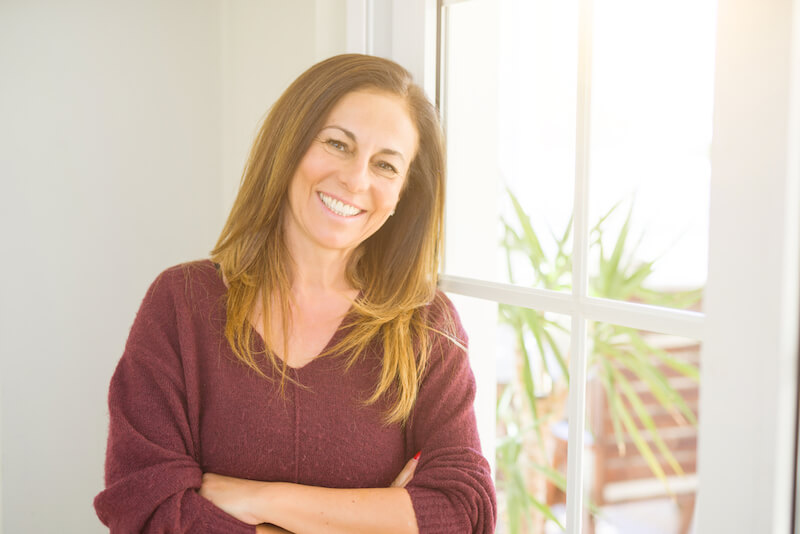Why are people choosing to have children later in life?
It may seem like people are having children later in life in comparison to ten or twenty years ago. People choose to have children at certain times in their life for a variety of reasons. Some want to have children young and they may feel they will have more energy for parenthood at a younger age. Others want to take time to build a career and save before having children. Both of these are great reasons.
When do most people have children?
It varies when most people have children. In the past ten to twenty years women have been having children older. College-educated and married women tend to be older, between 28 and 30 when they have their first child. Non-college-educated unmarried women tend to be younger, around 23 years old. As women have more opportunities in life they tend to wait longer to have children. Women in bigger cities usually wait longer to have children in comparison to women who live in small towns. Women tend to face fewer salary cuts at work if they build their careers before having children. [1]
The average age of first-time parents has increased. For men and women, this age has increased by about five years. In developed countries, the average age for women becoming first-time mothers is twenty-six and the average age for first-time fathers is thirty-one. These ages are not by any means old for beginning to have children, but as the average rises many parents are having children older than the average age. [2]

Can having children later be riskier?
Unfortunately, there are some risks with having children later. For women, after the age of thirty-five pregnancies are generally considered riskier and women may be more likely to struggle with fertility at this age. There are a few risks that may occur when a couple chooses to have children later in life:
-
Fertility struggles. As women reach their mid-thirties their egg quality and quantity decrease. It is recommended that if you are older than thirty-five and have had six months of infertility it is time to see a doctor.
-
Higher likelihood of having multiples. Age and the use of IVF can increase the likelihood a woman is of having twins.
-
More likely to have gestational diabetes. Gestational diabetes occurs only during pregnancy, but pregnant women in their mid or late thirties are more likely to struggle with this.
-
Premature birth is more likely. Premature babies may have more health complications.
-
Higher risk of chromosome abnormalities. Older mothers have a higher likelihood of having a child with Down syndrome.
-
Higher chance of pregnancy loss. The risk of miscarriage and stillbirth is higher for older moms.
Women who choose to have pregnancies in their mid to late thirties can have healthy pregnancies and births. It is important to be in constant communication with your doctor and be informed about any issues that could occur. [3]
When is the best time to have children?
The best time for a person or couple to have a baby is a personal choice. Some health factors should be considered, but every family is different. The best time for you to have a child may not coincide with the best time for your friends to have children. Health experts do say that the age for the best outcomes for a woman and her child is in a woman's late twenties to early thirties.
Having a child older or younger than your late twenties to early thirties does not mean you are set up for failure. Young moms can still have successful careers and older moms can still have healthy pregnancies. The best time to have children is up to you. You should consider when you are more likely to have the healthiest and easiest pregnancy. Speaking with a doctor about your health and goals is a great idea if you are struggling with when to have children. [4]
Sources:
[1]https://www.nytimes.com/interactive/2018/08/04/upshot/up-birth-age-gap.html
[3] https://www.mayoclinic.org/healthy-lifestyle/getting-pregnant/in-depth/pregnancy/art-20045756
[4] https://www.healthline.com/health/womens-health/childbearing-age#age-and-fertility






